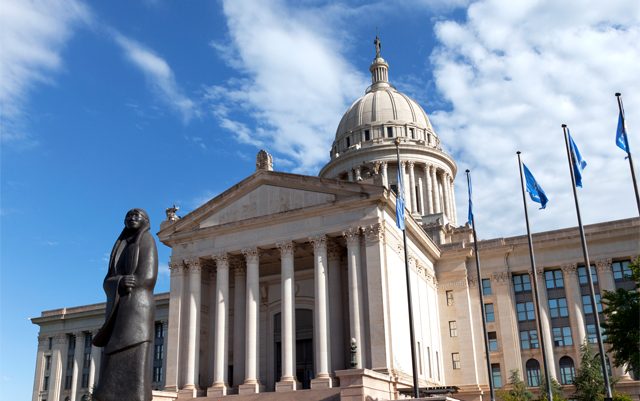The efforts of Oklahomans for Health have finally pulled through – State Question 788 has officially been approved for the ballot – but not until 2018 from the looks of it. The grassroots campaign began gathering signatures this past May and it took them until almost the end of August to be prepared to turn in their more than 67,000 signatures and begin the long process required by the state in order to get them validated and land their question on the ballot.
Unfortunately, due to how many steps are in that process – having signatures validated, the title reviewed by the attorney general (which can take up to 10 business days) and finally a 10 day period where citizens are allowed to make complaints and challenge the validity of signatures (among other things) – it took far longer than they had left to get their question on this November’s ballot.
“The more than 67,000 Oklahomans who signed the petition for medical marijuana will have their voices heard,” said Ryan Kiesel, executive director of the American Civil Liberties Union of Oklahoma. “The historic success of this grassroots effort led by Oklahomans for Health is a testament to the overwhelming support for medical marijuana.”
At this point, State Question 788 will not be voted on until the November 2018 election. However, the group behind the effort to get the question on the ballot, Oklahomans for Health, plan to lobby for a special election to be held in 2017. Their reasoning for asking for the special election is that holding off for two years, when the question is already approved for voters, would further delay any medical treatment that patients could be accessing, should the question pass into law.
The only problem here is the cost of holding an additional election for only a singular question or issue. The estimated cost of the special election would be at least $1.2 million – for which the state may simply not have the funding. While it’s sad to see patients forced to wait after the campaign worked so hard to gather the signatures needed, it may still be a couple of years before Oklahoma has the chance to actually vote on whether or not medical marijuana should be legalized.






